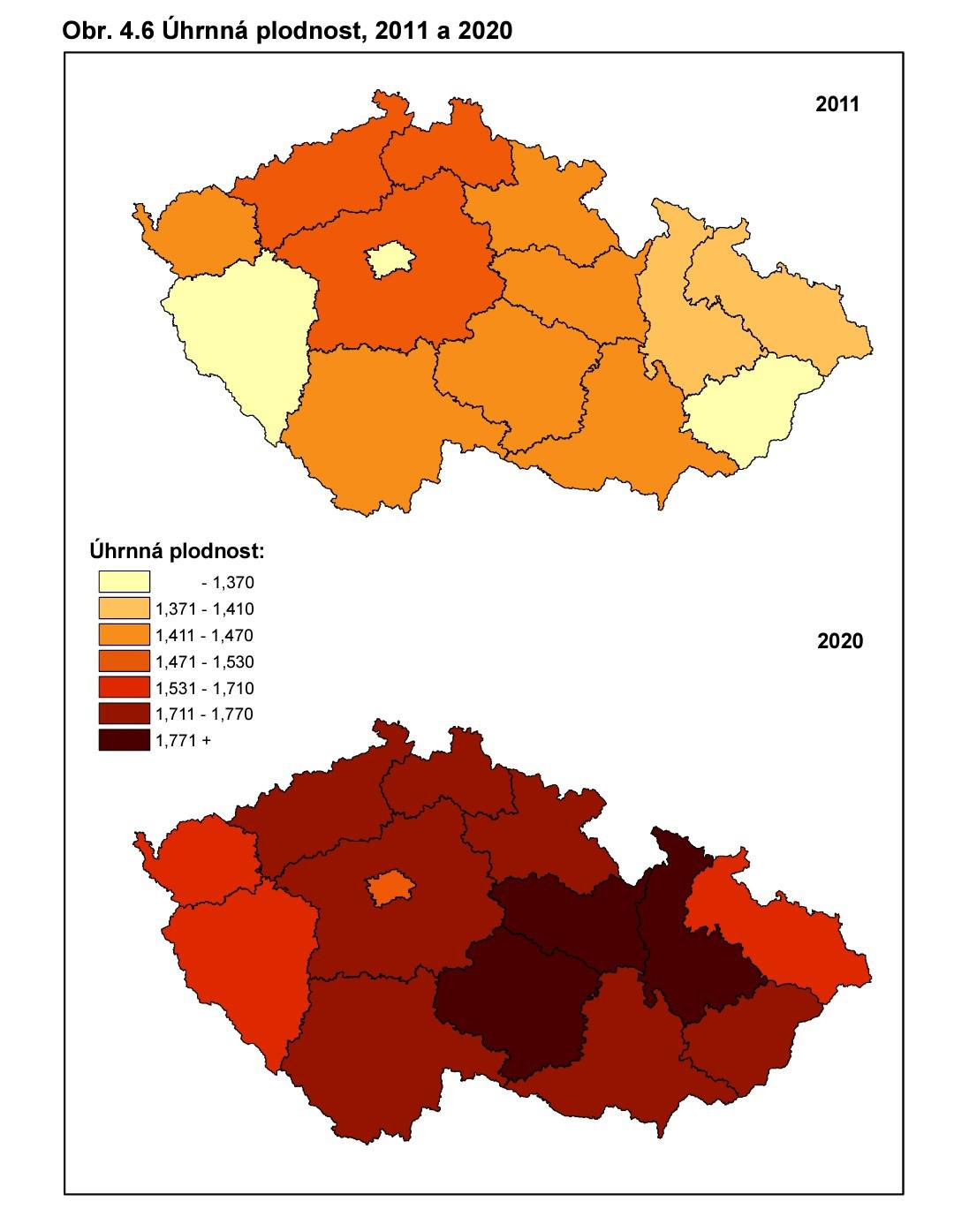Nations across the world are struggling with low fertility rates and desperately attempting to apply policy solutions to the problem, often with little to no success. Economic development, urbanization, technological development and social change are among the many issues which appear to contribute, at least in part, to this change in fertility and unfortunately solutions often do not attempt and address these problems.

Instead most nations continue to attempt neoliberal and “market based” policy solutions to the weakening of the family and the dissolution of marriage as a social institution. From South Korea and Japan to Germany and Finland governments give out large financial incentives to attempt and entice couples to have children. Other states provide universal childcare, more time off for mothers, and assistance in buying necessities to rear a child.
These options simply do not work.
Do not misunderstand our position, though. We are in favor of making life affordable for families, we support a raft of economic measures to benefit families, but this does not mean that we will advocate the same failed policy solutions which do not lead to stronger and more numerous families.
The right policy solutions focus on a cultural shift in which the state and the whole of society is focused on a pro-family vision for a nation.
Neoliberal policymaking has proven incapable of turning around a declining fertility rate, but this does not mean all policymaking attempts have failed. Western nations remain among the most inventive, innovative and creative in the world and several Western countries have, at least in part, been successful in turning around fertility decline.
The Hungarian policy experiment of an expansive portfolio of marriage and family friendly policies continues to pay off.
The Hungarian state has worked for well over a decade in creating one of the most family friendly states in the world and this appears to have led to a persistent positive trend, a trend which is now able to withstand economic shocks. Hungary boasts the highest marriage rate in Europe, and a divorce rate below the continental average.
The number of marriages per annum has roughly doubled.
These policies have also resulted in a 27.7% increase in the nation's fertility rate, a rate which is holding strong.
These rates are holding even in the face of persistent inflation and an entrenched technical recession in the country.
It is certainly true that Hungary has employed large-scale economic incentives to help families. Everything from loans which are progressively forgiven based on the number of children to direct grants to fund weddings, but these are merely complimentary to a cultural change. The Hungarian state, the Hungarian constitution, the media, education system and civil society all push the value of marriage and family formation.
89% of Hungarian university students plan on getting married, 90% have expressed a desire to have children, and near 20% of those college students would like to have more than 2 children.
Hungary is far from the only example. The Czechs also recovered from a serious demographic crisis through an emphasis on social policy and the value of family. The Czech’s are among the few nations whose governing class have openly admitted that the “structural changes” (cultural damage) done to families in the post 1964 era represented a crisis to the survival of a nation.
The Czechs acknowledge in their reports that the “Western Model” (of the post-war era) results in declining marriage rates, a fall off in the formation of families, an increased age of first marriage and many other behaviours which delay or prevent the formation of families.
Unlike most other countries, steeped in neoliberal ideas and individualism, the Czech state took an alternative route. The Czech government promotes stay-at-home motherhood as “gainful activity” of “full-value” to society.
The Czech state does, of course, provide a raft of financial support and benefits, but these are viewed as secondary to the main goal: forming families and keeping them together. The Czech state and municipalities have even set up relationships with the civil society sector in order to attempt and reinforce parental cohabitation and promote marriage.
As a result of these deeply involved social policies the Czechs have increased their fertility rate, resulting in a rise from 1.13 in 2000 to 1.83 in 2021. A rate just shy of replacement level (2.12).
This whole of society approach has resulted in a culture where 48% of Czechs believed that family formation and rearing children is a “duty to society” and only 20% disagree with this notion. This stands in remarkable contrast to Poland, a deeply Catholic country, where only 22.3% of Poles believing having children is a duty to society, and some 55.4% disagree with the idea of this duty.
Meanwhile other countries with collapsing fertility rates, such as Japan, continue to push women into the workforce, rather than encouraging the path of motherhood.
The correlation between increasing workforce participation by women and a collapse in fertility rates is well-established. Any country which is serious about maintaining its population must explore alternatives.
Women need not be chained to stoves or sequestered in the home, though. We have spoken before, both in writing and in podcasts, about the needed development of “post-maternal” policies. The state should prioritize motherhood first, and then as children age provide women with every opportunity to start a business, attend university, or engage with civil society.
Among other positive cultural changes are:
A rapidly decreasing rate of abortion in both Hungary and the Czech Republic
Pro-Family education in the schools
A large number of Hungarian doctors are no longer willing to perform abortions
More women are choosing to stay at home with their children
The ultimate conclusion is a state which supports marriage is a state which supports families and its own survival.
In Hungary 73% of respondents believe that marriage is an important institution which is good for both individuals and society, in the United States some 52% of young women and 41% of young men (people under 35) believe that marriage is an ‘outdated tradition.’
And while three in five Millennials or Zoomers in a relationship live with their partner, cohabitation does not result in children. Marriage does.
The Institute for Family Studies features extensive research that married couples will have nearly 3x the number of children, on average, compared to unmarried persons. The holds true in studies by other policy institutions. Additionally, married parents remain together nearly 70% of the time, while two-thirds of merely cohabitating parents will eventually separate.
The family, and therefore the nation, survives through robust social support and widespread belief in the value of marriage and children.






